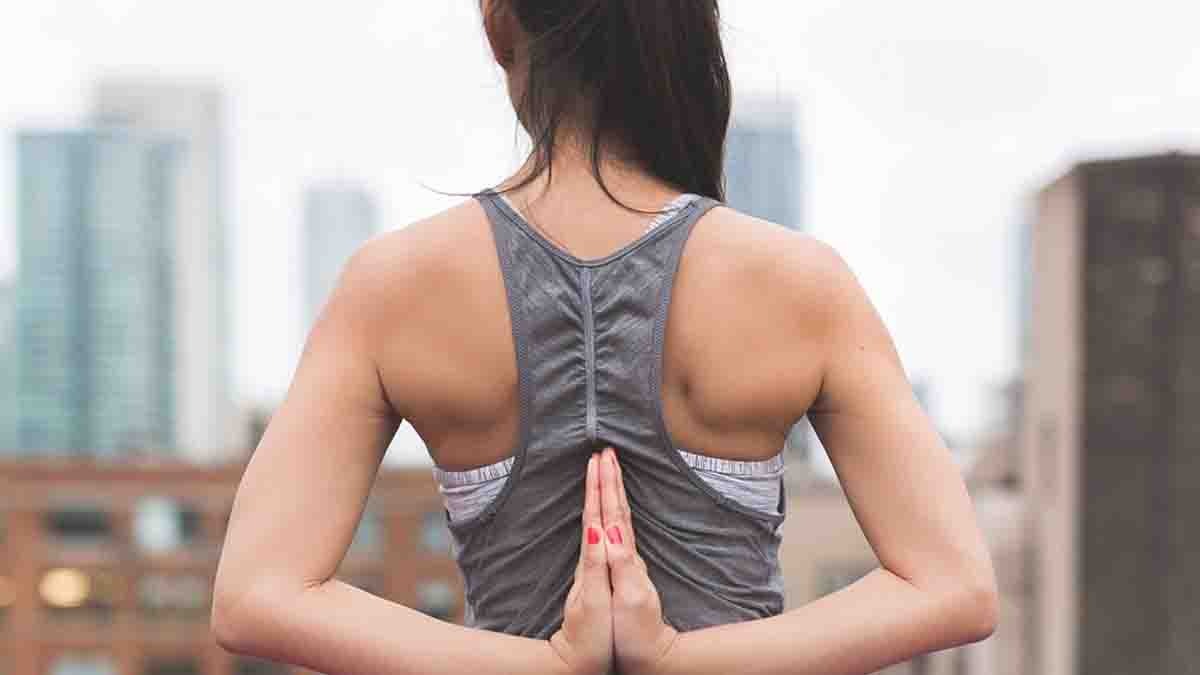
The confinement that is being experienced worldwide, as a consequence of the state of emergency due to the spread of COVID-19, presents multiple challenges for the well-being of the population; especially to people with some kind of disability or special needs, since they require specific care according to their realities.
The stress generated by this forced social distancing affects the whole family, since there are variables such as the number of household members, housing structure and family dynamics, which many times may not offer an environment suitable for the development of people with some type of disability and their families.
On the other hand, the routines, during the said situation, of people with differentiated abilities can also be altered and this does not benefit their well-being depending on the special situations they present.
“Having a disability does not mean that the person is not healthy. Being healthy represents the same for all people, that is, staying well to lead a full and active life. This means having the tools and information to choose healthy options and knowing how to prevent diseases,” says Hazel Fallas Saborío, Director of the School of Physical Therapy at the Universidad Latina de Costa Rica.

The expert offers some tips in order to protect the well-being of this vulnerable population:
It is necessary to actively involve the person with disabilities in all the protection and surveillance measures adopted to prevent COVID-19 at home. The ideal is to organize the spaces at home so that there is the greatest amount of free space, to have ease in moving and cleaning it.
If the person with a disability goes to a Comprehensive Care Center for Adults with Disabilities (CAIPAD), a Special Education School or a Physical Therapy Service, they must abide by the recommendations provided and / or request a guide on activities, physical and occupational, to be performed at home.
Establish schedules and routines, to eat, watch television, sleep and generate family activities. It is necessary for the caregiver or responsible person in the home to comply with all health measures and to be able and alternate functions with another person who is part of the same social bubble. This in order to avoid the surcharge of home-care activities.
It is recommended to use pictograms, photographs, drawings, signs, games, etc. Additionally, it is important to include the use of technology, if you have access to devices and connectivity such as videos, audios, presentations, this would allow social contact with others.
It is also healthy to go for a walk, taking into account the characteristics of the person and their health needs. The aim is to find spaces for recreation and relaxation, to take care of their physical and mental health.
If you leave the home, it is necessary to abide by the instructions issued by the Ministry of Health, taking into account whether the person can tolerate and/or maintain the mask on, and the constant washing of hands, in order not to generate other difficulties.
It is important that all members of the family enjoy good mental, emotional and physical health, since staying with a person who requires constant support can deteriorate these health conditions. The family must organize and help each other collaboratively for a better quality of life.
According to the World Health Organization (WHO), rehabilitation for people with disabilities must achieve and maintain an optimal level of physical, sensory, intellectual, psychological and / or social performance.
Rehabilitation encompasses a wide range of activities, including rehabilitation health care, physical therapy, psychotherapy, speech therapy, occupational therapy, and support services.
Helping transition your life to live anywhere
